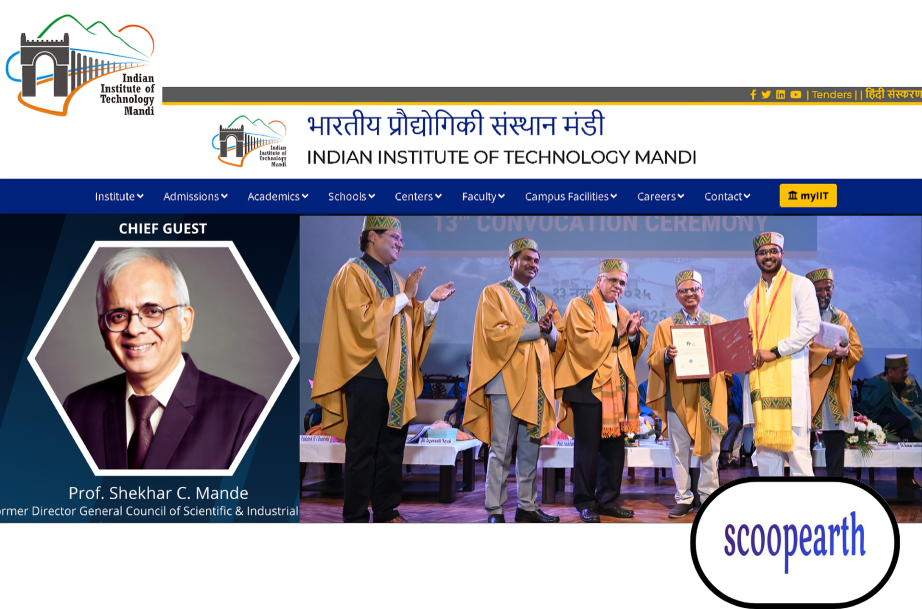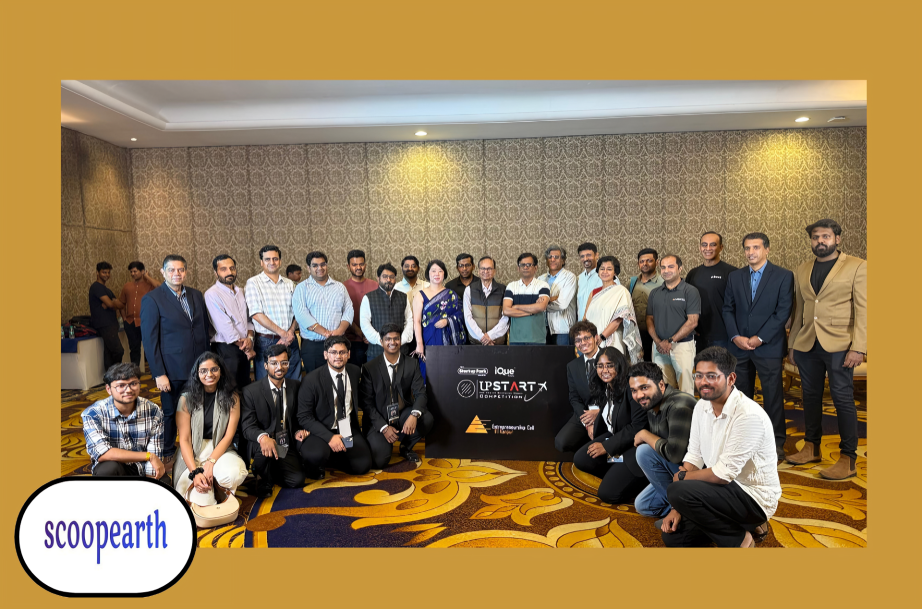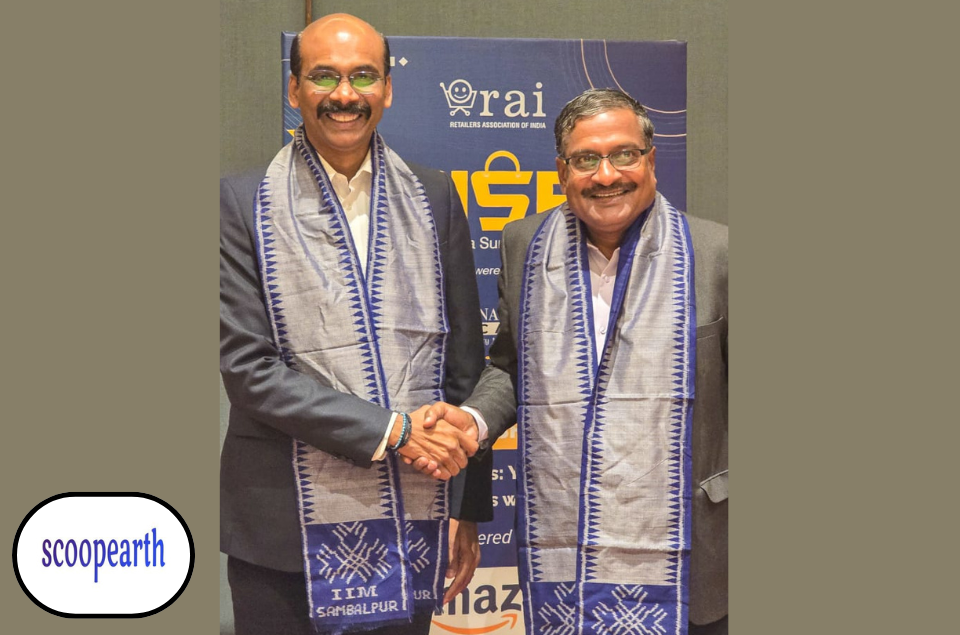IT companies are under pressure as Donald Trump imposed $100,000 H-1B visa fee titled as “Restriction on Entry of Certain Nonimmigrant Workers”

SUMMARY
U.S. President Donald Trump has imposed a costly annual charge of $100,000 on companies that sponsor an H-1B visa for a foreign worker. The relocation, which will be effective on September 21, 2025, caused an earthquake in the world of technology, especially the Indian IT companies and multinational corporations that are heavily dependent on foreign professional talent. The policy has revived the debate on immigration, innovation, and competitiveness, framed as a crackdown on systemic abuse and to defend American jobs.
U.S. tech giants and Indian IT firms are under pressure
The new presidential proclamation, entitled Restriction on Entry of Certain Nonimmigrant Workers, brings one of the most harsh financial pressures ever on H-1B visa applicants. The companies are now required to pay $100,000 each visa year to keep the foreign workers, a massive rise compared to the past rates of $1,700 to $4,500. The administration claims that the fee is essential to rebuild integrity to a program that has been taken advantage of by outsourcing companies to not only lay off American workers but also to undercompensate workers.
In the order, federal statistics indicate that the percentage of H-1B grants to tech employees has soared from 32% (FY 2003) to more than 65% in recent years. The declaration is specific to IT companies, as Companies are accused of fiddling with the system to favor cost reduction instead of hiring based on merit. The charge is supposed to put off abuse and, at the same time, enable companies to employ the best of the best foreign workers. Infosys, Wipro, and Tech Mahindra are also among the top H-1B employers and, therefore, would be the most affected financially and operationally by the new charge.
The H-1B program has been extensively used by these businesses to send engineers and developers to client locations in the US so that they can provide cost-effective IT services to their clients. The new pricing proposal will cause a reduction in their profits and compel them to reconsider their approach to the international workforce.
Some of them might quickly swing to the side of hiring in the U.S., but some might rush to investing in nearshore or offshore service centers to counter this blow. Even American tech giants are not spared by the policy. Top H-1B sponsors include Microsoft, Google, Apple, Meta, and IBM, which collectively employ tens of thousands of foreigners in STEM jobs.
Economic and National security
The Trump administration has held the move for economic and national security reasons. The proclamation makes references to visa fraud and money laundering investigations by outsourcing companies that indicate that the H-1B initiative has been violated. It also cites statistics that indicate that although the number of foreign workers in STEM has doubled since 2000, jobs in the same areas have not grown.
Critics, nevertheless, complain that the policy is excessively punitive and that it may actually hinder the competitiveness that it is meant to defend. They caution about the charge deterring any good talent, forcing businesses to outsource their operations to other countries, and undermining the U.S. as a global technology powerhouse.
The directive further orders the Secretary of Homeland Security to limit H-1B petitions that lack the 12-month payment of $100,000, yet another complexity is added. Hires that are considered to be in the national interest will be exempted, and also those that do not pose a threat to the security and welfare of the people of the United States. The exemption requirements are unclear, and companies are left guessing.
Conclusion
The introduction of a H-1B visa fee of $100,000 can be seen as a turning point in immigration policy in the U.S., and its effects on the entire tech sector in the world are far-reaching. Although the Trump administration is framing it as a needed correction to defend American workers, the action will also potentially drive away the talent that has driven U.S. innovation over the decades. To both Indian IT companies and multinational technology giants, the issue has now been one of adjusting to a more limited and costly labor environment in terms of employment.
Note: We at scoopearth take our ethics very seriously. More information about it can be found here.
















